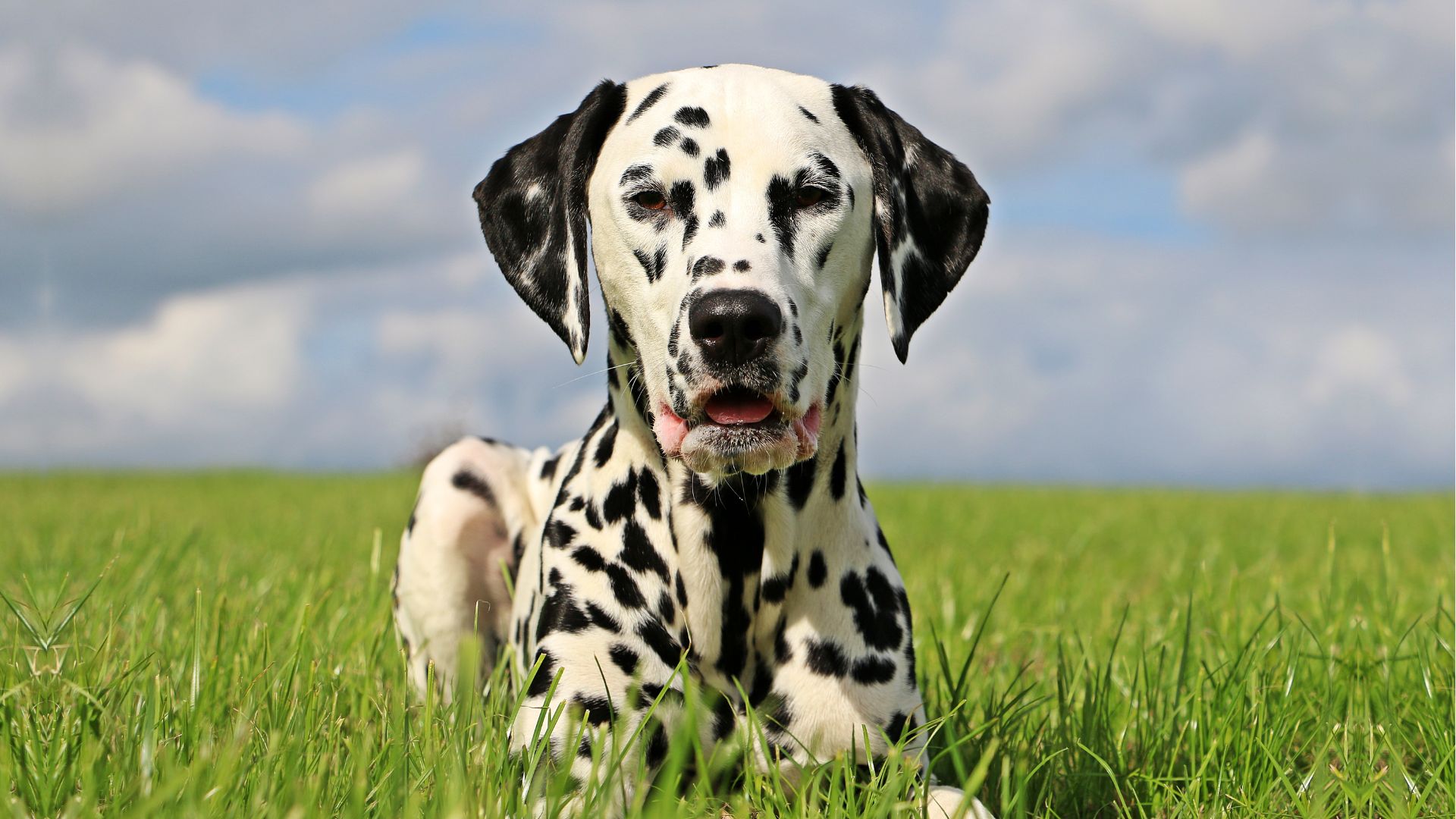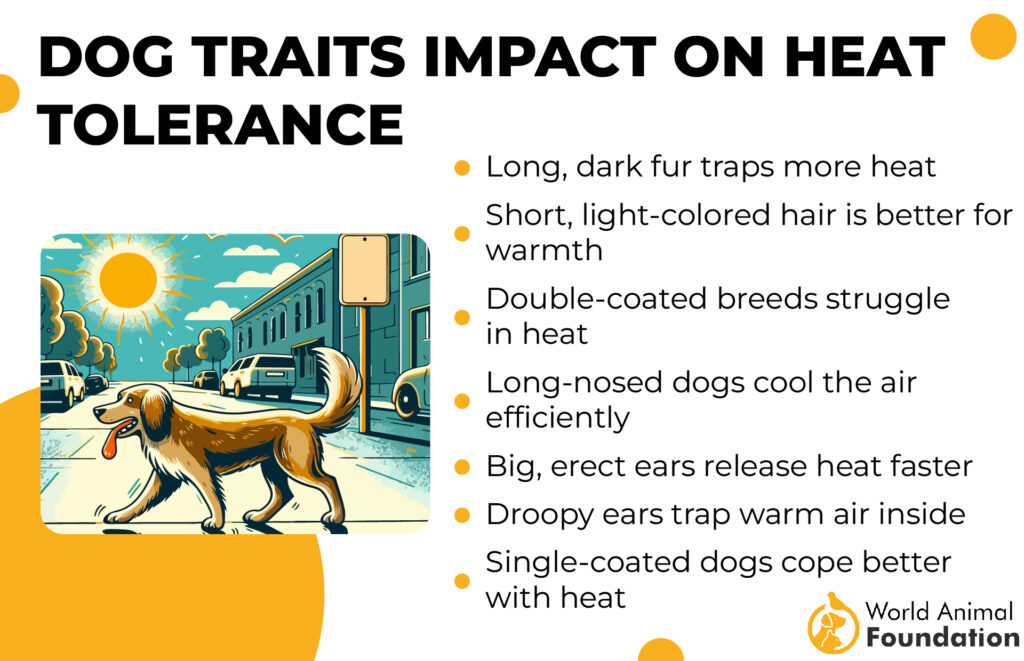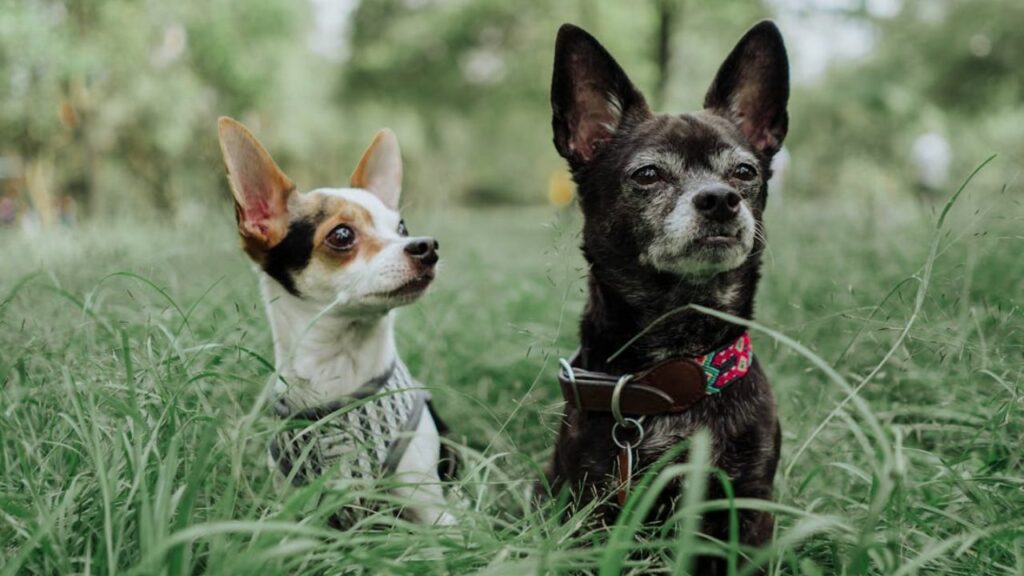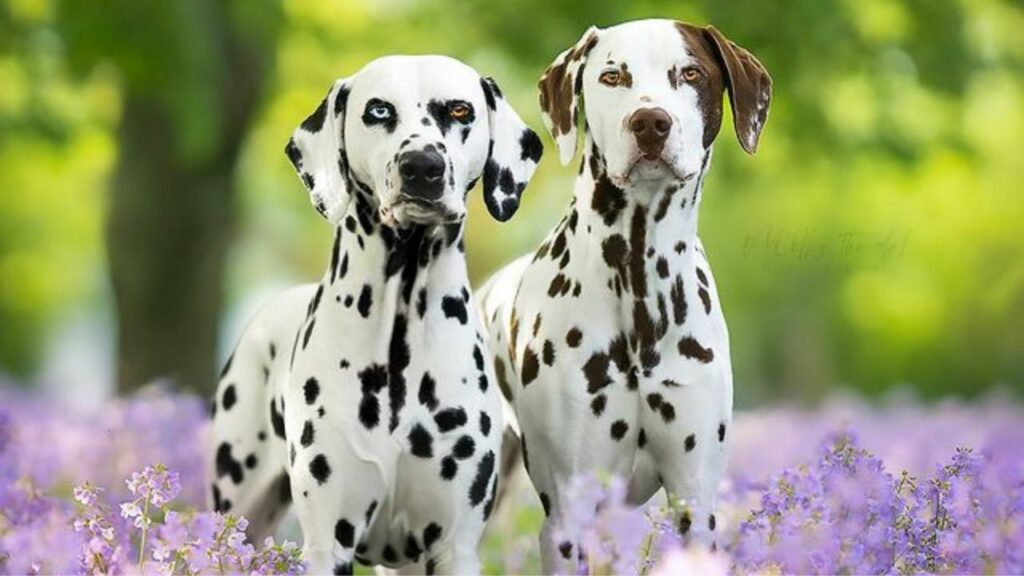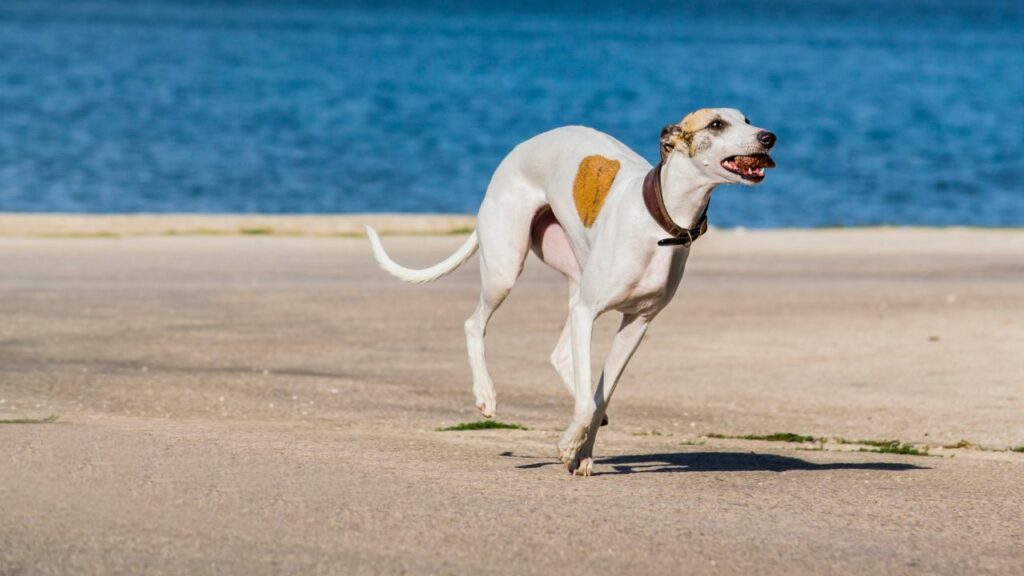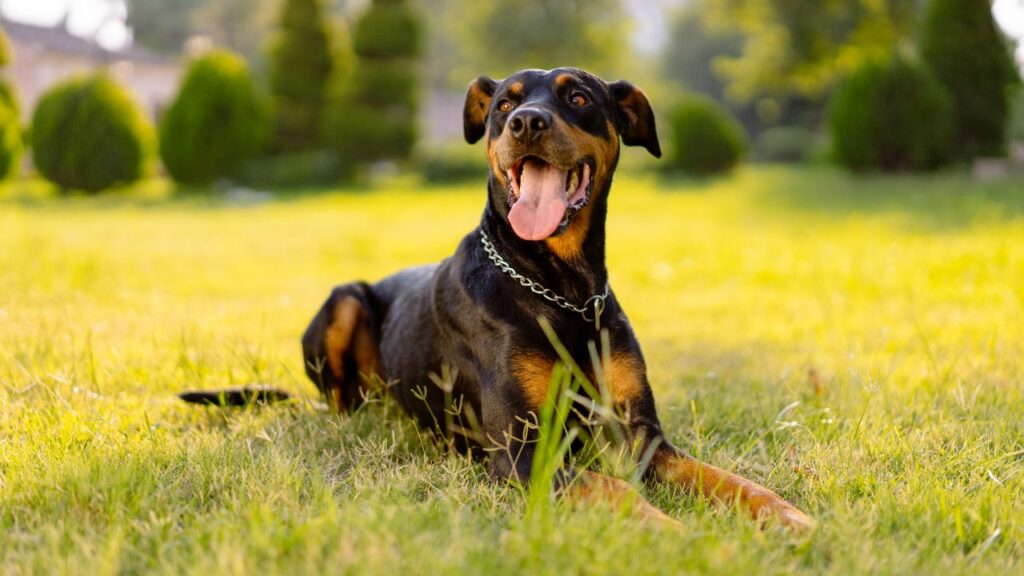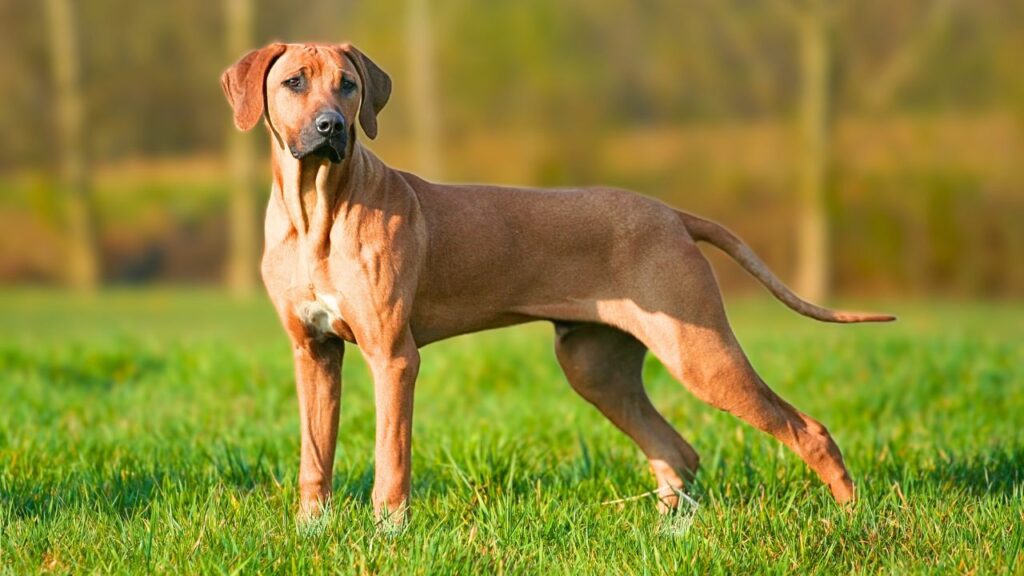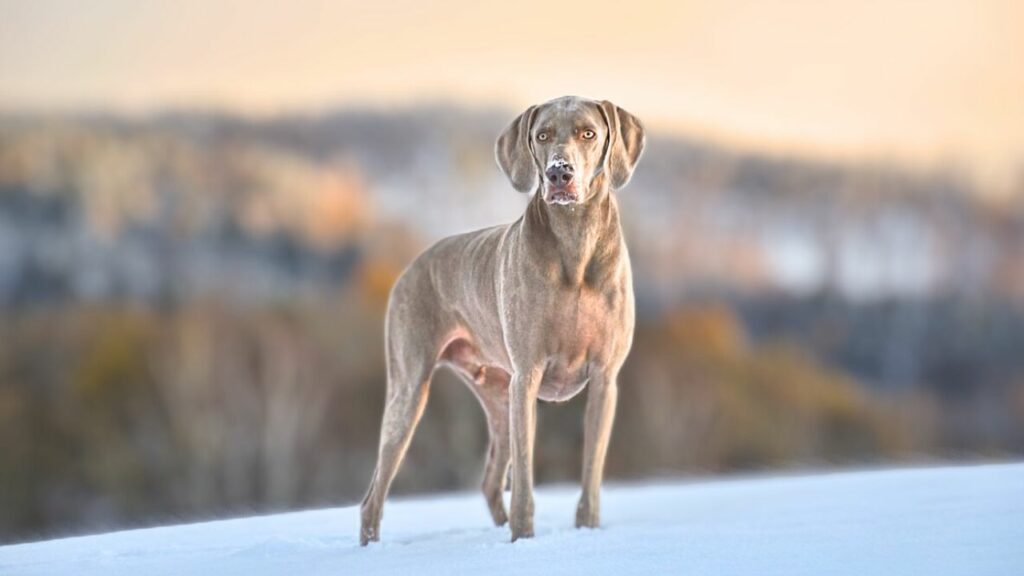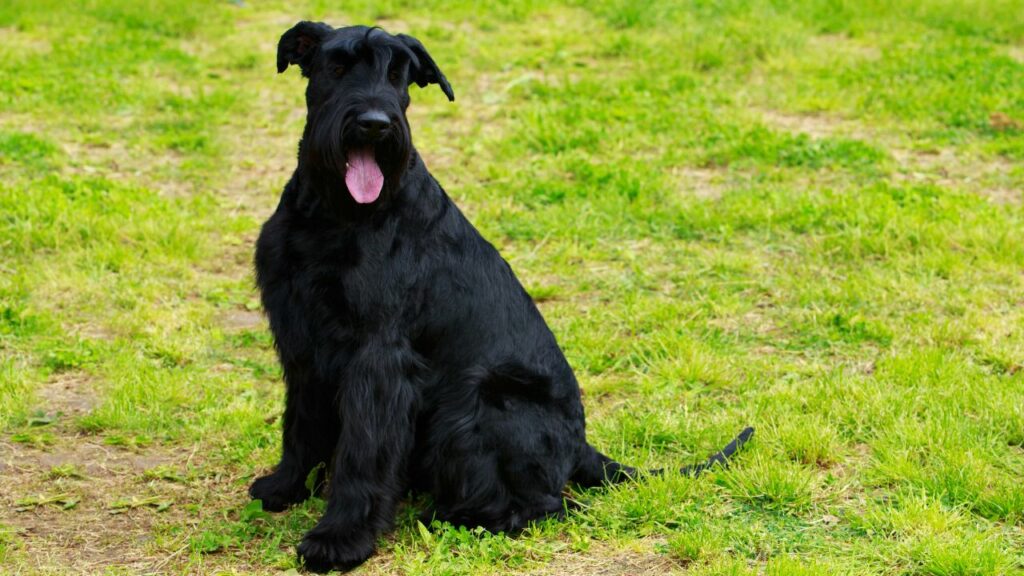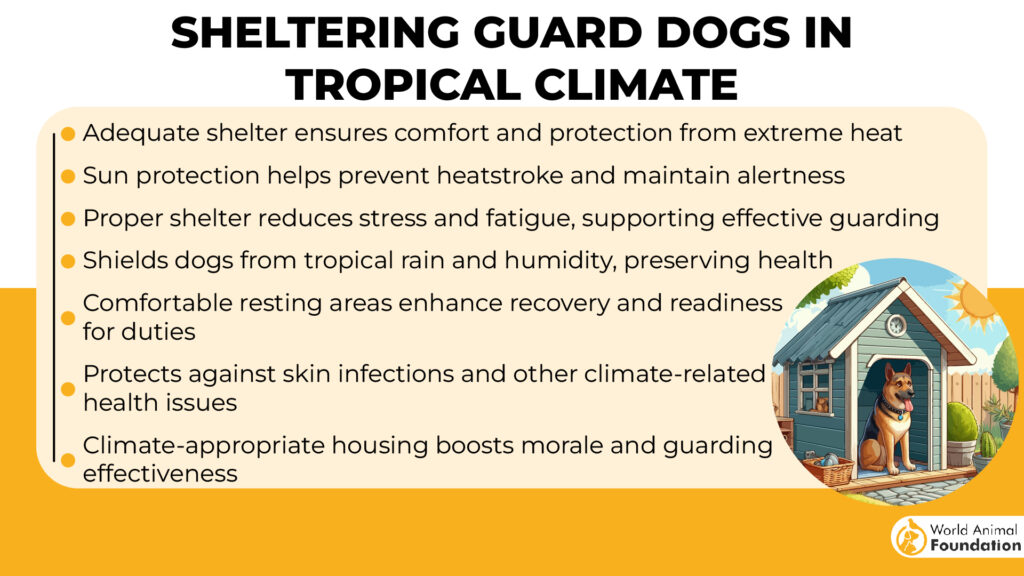Living in a tropical paradise shouldn’t mean compromising on security. Choosing the right guard dog for a hot and humid climate is crucial, as some breeds struggle to thrive in the heat. This guide explores the 7 best guard dog breeds specifically suited to tropical conditions. Discover which breeds boast the ideal combination of heat tolerance, protective instincts, and adaptability to island life, along with essential tips for their care and training in a warmer environment. From powerful deterrents to loyal companions, find your perfect furry protector in the tropics.
Today, dogs live very differently from their wild ancestors, who adapted to outdoor life all year. Originally, dogs had tougher paw pads and less body fat, and they adjusted to warm weather. Now, our dogs often live in homes with air conditioning, so it’s crucial to consider how heat affects them, especially in tropical climates.
To find the right guard dog for hot areas, look at breeds from similar climates. Remember, all dogs can face health issues in extreme heat. Unlike humans who sweat all over, dogs mainly cool down by panting and sweating through their paws. This makes them more sensitive to heat.
Heat stroke is a serious risk in dogs, with a high chance of being fatal if their body temperature reaches 106℉. Many factors like age, breed, and weight can impact how well a dog handles heat.
If you’re looking for a guard dog and you live in a tropical region, choosing the right breed is key. We’ll show you some good options that can handle the heat.
NOTE: Always ensure your dog has constant access to shade and water, especially during the hotter months.
Best Guard Dogs for Tropical Climate
1. Chihuahua
Chihuahuas are surprisingly effective as guard dogs for tropical climates despite their small size. Originating from Mexico, these dogs are descendants of the ancient Techichi, making them well-suited to hot environments. They can have either short or long coats, both of which help insulate them against the heat, and their small size allows them to cool down quickly.
View this post on Instagram
PetPlan notes that they are known for being particularly vocal and protective, often alerting their owners to any strangers approaching their home with a loud bark. This makes them excellent watchdogs.
However, Chihuahuas do need constant companionship and can suffer from separation anxiety if left alone, making them ideal for households where someone is usually at home. They also love sunbathing, often seeking out warm spots to relax.
It’s important to remember that, like all dogs, Chihuahuas need proper care. Despite their size, they are not low-maintenance and require regular training and attention. In hot weather, they are prone to dehydration, so always ensure they have plenty of water and a shady spot to rest.
2. Dalmatian
Dalmatians are great guard dogs for tropical climates thanks to several key features that help them deal with heat. They have long snouts, short coats, and a lean build, all of which aid in cooling down efficiently. Their muscular bodies carry little fat, and their distinctive white fur with black spots helps reflect sunlight, keeping them cooler under the sun.
Historically, Dalmatians were bred to run alongside horse-drawn coaches, requiring them to be good at regulating their body temperature to prevent overheating. WebMD points out that this background also means Dalmatians have a natural guarding instinct, originally developed to protect horses and coaches.
These dogs may appear reserved, but they are actually just dignified and incredibly loyal to their families. They make dependable watchdogs, always alert and protective.
@sabayoune
Répondre à @marine120992 #caractere #dog #dalmatian
♬ son original – sabaia mg
However, Dalmatians are energetic and need a lot of stimulation and exercise. They thrive in spacious environments and are best suited to families with older children who can help manage their high energy levels. Without adequate physical and mental outlets, they may develop unwanted behaviors.
3. Whippet
The Whippet is an excellent choice for a guard dog in tropical climates. Known for their incredible speed, Whippets have physical traits that make them particularly suited to hot conditions.
Their slender build means they don’t store much body fat, which could otherwise trap excess heat. The long muzzles of Whippets help cool the air before it reaches their lungs, and their short, fine coats allow for better heat dissipation.
Despite their speed and agility, Whippets are not known for a loud or intimidating bark, but they are still effective watchdogs. The American Kennel Club notes that Whippets are neither snappy nor prone to unnecessary barking, making them vigilant but quiet guardians. They are also great with children, being large enough to handle play but not so big as to be overwhelming.
View this post on Instagram
However, Whippets do require plenty of care and attention, especially when young. They need a significant amount of exercise, which should include daily runs in a safely fenced area. This breed thrives on physical activity and will need to remain active, even in less ideal weather conditions.
4. Doberman Pinscher
The Doberman is an excellent guard dog for tropical areas despite its dark coat, which might seem unsuitable for hot climates. The breed’s short coat and large ears actually make them quite adept at staying cool. Their fur doesn’t trap heat, allowing them to cool down efficiently through a breeze or a quick swim.
PDSA reports that Dobermans are highly intelligent and loyal, qualities that make them a favorite among first-time dog owners. They are natural protectors, ready to defend their family if necessary, yet they are gentle and affectionate with their loved ones.
Their alert nature makes them excellent at guarding property; they are always cautious around strangers, ensuring robust security at home.
While Dobermans are loving, they require thorough training to manage their protective instincts properly. Without the right training, they might show aggressive behaviors, which are undesirable in any pet. Hence, it’s important for potential owners to commit to proper training and socialization to nurture their best qualities.
5. Rhodesian Ridgeback
The Rhodesian Ridgeback is an ideal guard dog for tropical regions, having originated in southern Africa, where it adapted to hot, dry climates. Their short coat and sturdy build help them tolerate high temperatures very well. Known for their endurance, Rhodesian Ridgebacks can comfortably participate in outdoor activities even in warm weather.
According to Wikipedia, Rhodesian Ridgebacks are loyal and intelligent dogs. They are naturally somewhat reserved around strangers, but this should not be mistaken for aggression; a well-trained Ridgeback will not attack without cause. They are protective of their families, especially children, making them excellent natural watchdogs and guardians. Despite their protective nature, they are not prone to unnecessary barking but will alert their owners to anything unusual.
Rhodesian Ridgebacks are affectionate with their families but can be stubborn and may show dominant traits, which could be challenging for first-time dog owners. They require a confident handler who can establish and maintain leadership.
In terms of care, the Rhodesian Ridgeback is relatively low maintenance. They have minimal grooming needs and don’t typically carry a strong dog odor.
6. Weimaraner
The Weimaraner, with its regal origins tracing back to 13th century France, is well-suited as a guard dog in tropical weather. This breed is distinguished by its short, sleek coat that lacks an undercoat, making it particularly adaptable to warm climates. The absence of an undercoat helps prevent them from overheating, which is a key consideration in tropical environments.
Weimaraners are not only friendly but also highly alert and obedient, traits that make them excellent for training. Their intelligence and willingness to follow commands allow for easier training compared to many other breeds. Historically, Weimaraners have been used to guard homes, and they continue to excel as watchdogs. They are vigilant and will alert their owners to the presence of strangers without resorting to excessive aggression or viciousness.
Despite their many positive attributes, HillsPet states that Weimaraners do require careful handling. They are larger than many house dogs, which can make tasks like bathing and nail clipping more challenging. They also have high exercise needs, requiring regular, vigorous activity to keep them healthy and content.
7. Giant Schnauzers
The Schnauzer, known for its distinctive mustache from which it gets its German nickname, is an excellent guard dog for tropical areas. Originally bred for herding and guarding livestock, they have since proven their capabilities in more modern roles such as search and rescue and are highly valued as guard dogs.
View this post on Instagram
Orvis highlights that Giant Schnauzers are particularly protective of their people, their territory, and themselves. When defending, their brave and loyal nature makes them appear formidable, effectively deterring intruders. Their natural inclination to protect their home and family makes them vigilant guardians who are quick to respond to any threats.
Giant Schnauzers are confident dogs that require an owner who can provide strong leadership. They are high maintenance in terms of grooming needs and also require plenty of exercise and training due to their high energy levels.
Their coat, being wiry and single-layered, helps them stay cool in warmer weather. However, it’s important to ensure they are not overexposed to direct sunlight.
Sheltering Guard Dogs in Tropical Climates
Conclusion
When choosing the best guard dogs for tropical climates, it’s important to consider dog breeds that thrive in hot temperatures. Some breeds, with their thin and silky coats, are naturally suited for a hot climate. These dog breeds excel in warmth due to their smooth coats, which help prevent overheating during hot days. Terrier breeds, known for their vigor and alertness, also perform well under such conditions.
For dog owners living in regions where the mercury soars, ensuring your guard dog has continuous access to fresh water and shade is crucial. While some dogs can adapt to cold weather, breeds with a thin or silky coat are more comfortable and healthier in warm environments.
Therefore, selecting the right dog breed with characteristics favorable for tropical climates not only ensures the well-being of the dog but also maintains their effectiveness as a guard dog.
Choosing the right guard dog for a tropical climate requires careful consideration. Heat tolerance, coat type, and potential health issues are paramount. While breeds like the Doberman, Rottweiler, and German Shepherd can thrive with proper care, consider local regulations and ensure adequate shade, hydration, and grooming. Ultimately, responsible ownership, including training and socialization, is crucial for any guard dog’s well-being and effectiveness, regardless of breed or climate. Research and preparation are key to a successful and harmonious partnership.

